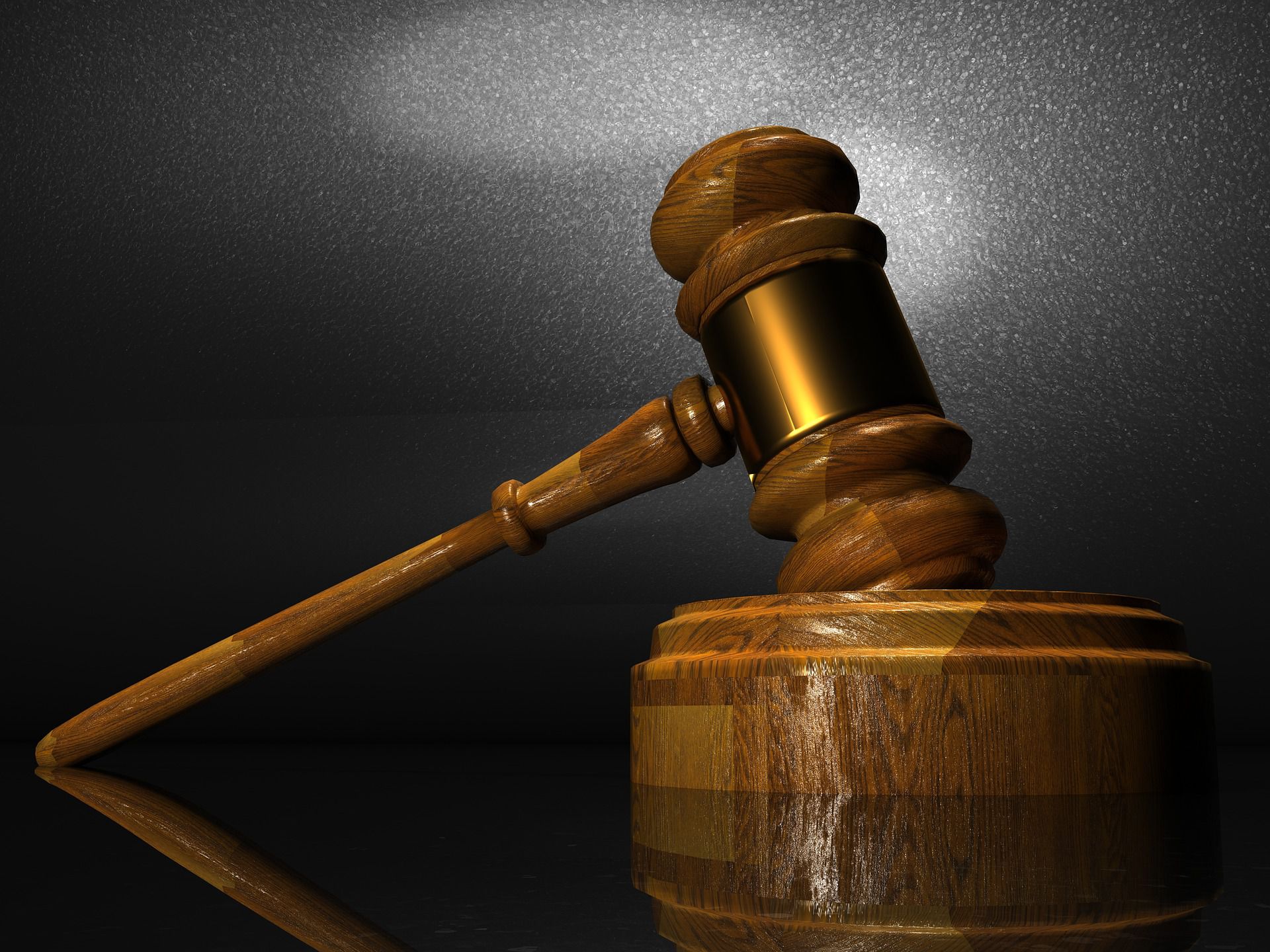The Legal Recourse for Debt Collection Harassment
Debt collection is a legitimate business practice, but there are boundaries that collectors must not cross. Unfortunately, some debt collectors use aggressive, unethical, and even illegal tactics to pressure individuals into paying. Debt collection harassment is a violation of your rights, and if you’re being subjected to it, you don’t have to endure it. You have legal recourse.
In this article, we’ll explore what constitutes debt collection harassment, the laws in place to protect you, and the legal steps you can take to stop it.
What is Debt Collection Harassment?
Debt collection harassment involves any conduct by a debt collector that is abusive, deceptive, or excessively aggressive. Harassment may include:
- Excessive Calls: Receiving multiple phone calls per day, especially at odd hours, to pressure you into paying.
- Threatening or Abusive Language: Collectors using threats of violence, imprisonment, or harm if the debt isn’t paid.
- False Claims: Misleading statements about the amount you owe, or threats of legal action that aren’t true.
- Public Disclosure of Debt: Debt collectors are not allowed to discuss your debt with others or try to publicly embarrass you.
If any of these tactics are being used, you are likely experiencing debt collection harassment, and it’s essential to know that these actions are illegal.
Legal Protections Against Debt Collection Harassment
There are strict laws in place to protect consumers from debt collection harassment. The most important one in the United States is the Fair Debt Collection Practices Act (FDCPA), which sets clear rules that debt collectors must follow. Here’s how the FDCPA protects you:
- Time Restrictions: Debt collectors are only allowed to contact you between 8 a.m. and 9 p.m. They cannot call you at inconvenient times without your consent.
- No Harassment or Abuse: Collectors cannot use threats, obscene language, or repeated calls to harass you.
- Right to Dispute: If you don’t believe the debt is yours or you think the amount is incorrect, you have the right to dispute it within 30 days of first being contacted.
- Written Validation: Collectors are required to send you a written notice of the debt within five days of first contact, which must include the amount owed and the name of the creditor.
- No Contact with Third Parties: Debt collectors are not allowed to discuss your debt with anyone except your attorney, your spouse, or a credit reporting bureau. They can’t threaten to expose your debt to your employer or friends.
Legal Recourse if Harassment Occurs
If a debt collector violates the FDCPA or engages in harassment, you can take legal steps to stop them and hold them accountable. Here are the key steps:
- Document Everything The first step in addressing harassment is to keep records of all interactions with the debt collector. Keep notes on the time, date, and content of each communication, including phone calls, emails, or letters. This evidence will be crucial if you decide to take legal action.
- Send a Cease and Desist Letter If the harassment is ongoing, you can send a cease and desist letter to the debt collector. Once they receive this letter, they are legally obligated to stop contacting you, except to inform you of any legal actions they plan to take. Sending this letter by certified mail with a return receipt is recommended, so you have proof they received it.
- File a Complaint with the CFPB or FTC You can file a complaint with the Consumer Financial Protection Bureau (CFPB) or the Federal Trade Commission (FTC) if a debt collector violates the law. These agencies will investigate the complaint and may take action against the debt collector.
- Sue the Debt Collector If the harassment continues or if the collector has caused significant emotional distress, you may be able to sue them in federal or state court. Under the FDCPA, you can sue for actual damages (for example, costs related to emotional distress or lost wages) and statutory damages of up to $1,000 per violation. You can also ask for the collector to pay your attorney’s fees and court costs.
How to Protect Yourself Moving Forward
To prevent future harassment and protect yourself from further violations, here are some proactive steps you can take:
- Request Debt Validation: If you’re unsure about the debt, ask the collector to validate it in writing. They must provide proof that you owe the debt.
- Consult with a Consumer Rights Attorney: If you feel overwhelmed or unsure about the legal process, a consumer rights attorney can help. They can assist in reviewing your case, filing complaints, and representing you in court if necessary.
- Know Your Rights: Familiarize yourself with the FDCPA and other consumer protection laws so that you can recognize harassment if it happens again.
Debt collection harassment is illegal, and you don’t have to tolerate it. The Fair Debt Collection Practices Act (FDCPA) gives you the power to fight back against unethical collectors. By documenting interactions, filing complaints, and pursuing legal action when necessary, you can protect your rights and stop the harassment for good. Take control of the situation and remember that legal recourse is available to you.














Post Comment